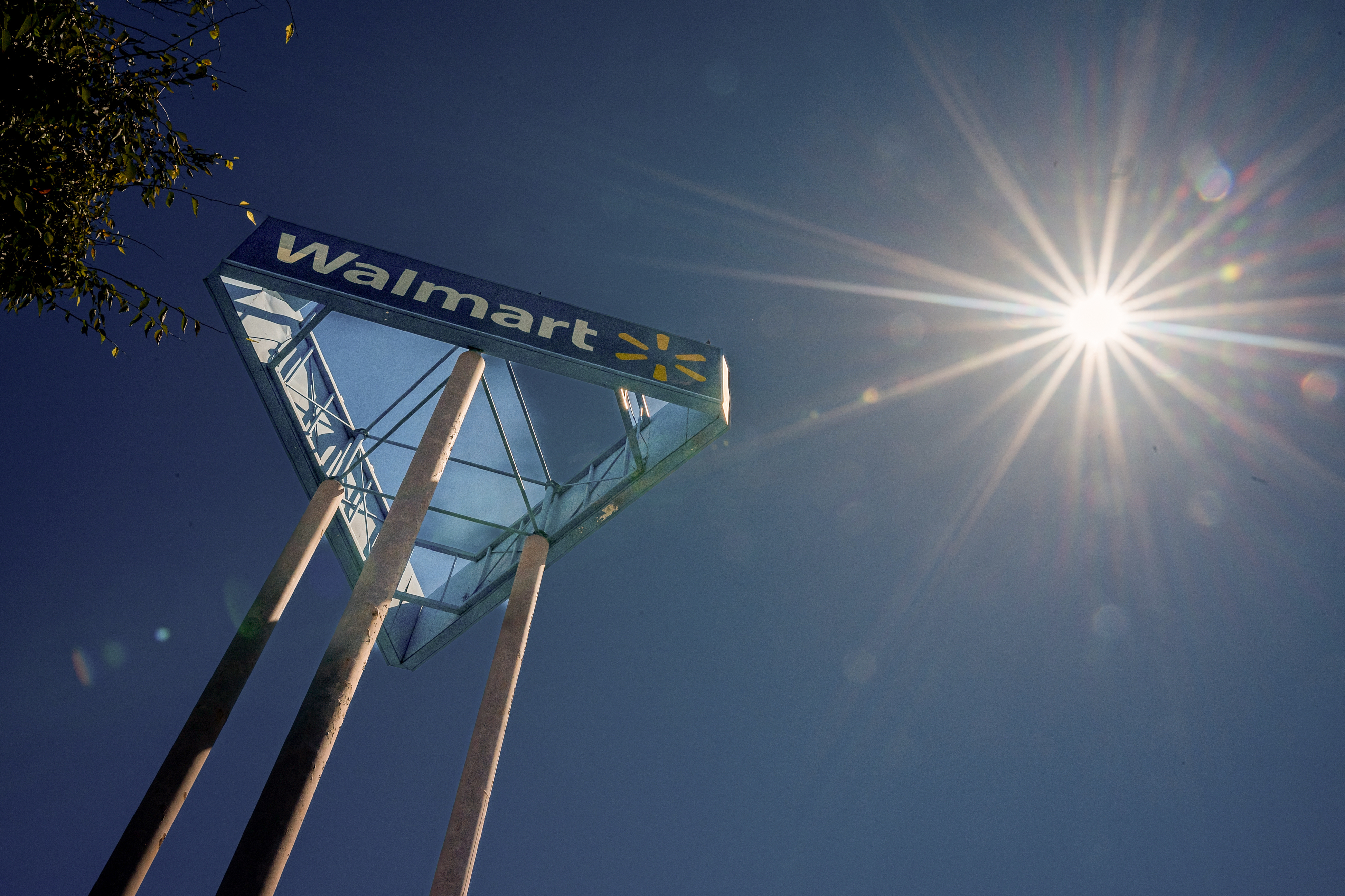There was a time when Walmart was more than just the name of a retailer, but a sort of political expression. Like the “coca-colonisation” of the world, it came to signify something. And it was a sign also that the world’s unstoppable, number-one economy was coming to you.
We used to love that kind of retail; we would flock to it, spend money and celebrate consumerism.
There was a time, back in 2011, when this kind of contestation led to a huge political fight. It was a different time. Ebrahim Patel was at the then Economic Development Department, the football World Cup trophy was safely in Madrid and a Manyi called Jimmy was government spokesperson.
Patel led the charge against Walmart, trying to stop it from merging (really buying) Massmart. When Walmart finally got permission from the Competition Tribunal to go ahead with the merger, I celebrated.
Read more: Competition Tribunal opens SA’s gates to Walmart, not a moment too soon
I expected it to lead to a lot more competition in our market. I really thought it would make my life better.
I must confess to some disappointment. That whole thing has sort of failed to fire somehow.
So, I’m not really that excited about Walmart coming here, brand and all.
But I suspect that some of our retail bosses might quite enjoy the fight. Everyone enjoys it when the giant steps right into their backyard. As the All Blacks have just reminded us, home-ground advantage is a thing.
Walmart now has to step into the ring with our retailers. I’ll give them a hint about what to expect. One of the challenges is called Boxer.
And I don’t know if you’ve ever heard a conversation with the CEOs of Shoprite or Pick n Pay, but these are men who like a bit of robust pushing and shoving through the ping and the jangle and tap of a point-of-sale machine.
And think about what home-ground advantage brings you in our space.
Walmart is surely going to have to buy most of the food it wants to sell here. And yet they won’t really have anything like the relationships with suppliers that our retailers have. And our retailers will have their people locked into contracts that benefit them and the suppliers.
No outsider is going to be able to rival that for some time.
And remember, as Shoprite will tell you time after time, you’re competing with groups that are able to keep their in-store inflation below 2.5%.
/file/dailymaverick/wp-content/uploads/2025/09/ATB-walmart-graph1.jpg)
Then there is local knowledge.
And while the capital that Shoprite brought to their motorbike fleet was a game-changer, so was knowing how to deliver and where. They bought that from Zulzi, the home-delivery network that went before them.
Read more: Shoprite shoots the lights out with loyalty programme, on-demand delivery, transactional banking
That knowledge is probably cheaper now. But I bet it still matters. And Walmart will have very little of it at the moment.
Of course, Walmart is about a lot more than food. But so are our retailers. Some of their branches seem to sell literally every single thing that can be conceived in plastic.
/file/dailymaverick/wp-content/uploads/2025/09/ATB-walmart-graph2.jpg)
And I’m not sure that the route to success lies through electronics either.
Yes, Walmart may well be able to finalise that more cheaply in some way, but the same must hold true for Amazon – who have been here for months and yet don’t seem to have really changed the world.
Clothing might be a lot more difficult. Walmart could decide to go for the cheaper end of the market. But how far do they go? If they go too cheap, they’re competing with Shein and Temu. Slightly more expensive? Then they have to take on Mr Price. Or Truworths and Foschini.
These are companies that have locked down their own supply chains. But more than that, they’ve been able to really develop an eye for local fashion. They see what’s coming before anyone else, and are able to capitalise on that.
Read more: After the Bell: Shopping sucks, but SA is stitching a comeback
I can’t see how Walmart could come close to competing with them.
I also have to say that the world has really changed since 2011, when I was young and excitable.
Back then Walmart stood for the US, a country that probably had a lot more support in South Africa than it does now. I wouldn’t be surprised if Walmart becomes a useful symbol for those in our society who oppose the US, for all sorts of reasons. In the same way that certain branches of Woolworths have become targets for protests over Israel’s actions in Gaza, Walmart might be vulnerable to the same thing.
I am excited about one thing: despite all of the issues around tariffs and trade and the difficult relationships between our governments, Walmart wants to invest here. And that tells me that South Africa is a place where very clever people believe you can make a lot of money.
That must count for something. DM




 A Walmart store in San Leandro, California, on 19 August 2025. (Photo: David Paul Morris / Bloomberg via Getty Images)
A Walmart store in San Leandro, California, on 19 August 2025. (Photo: David Paul Morris / Bloomberg via Getty Images)